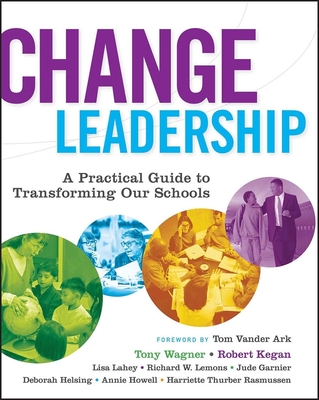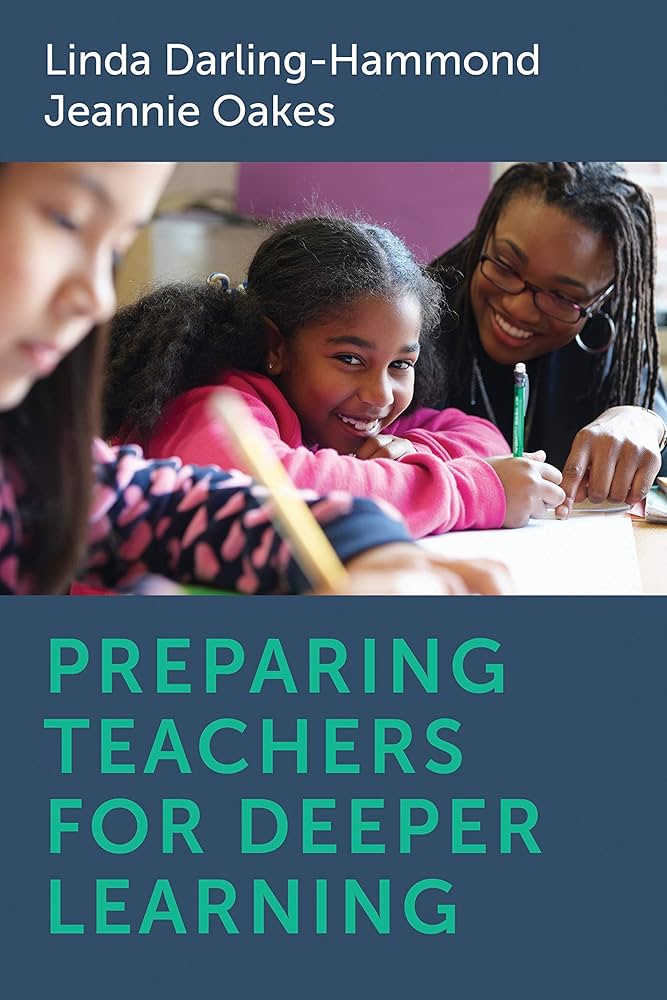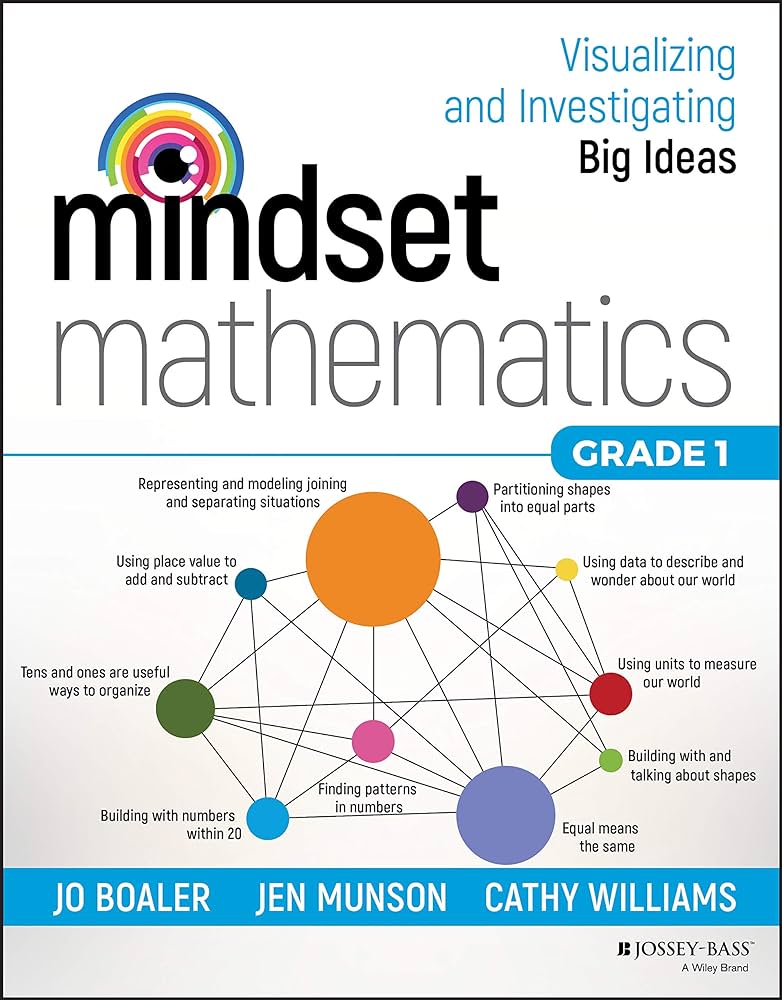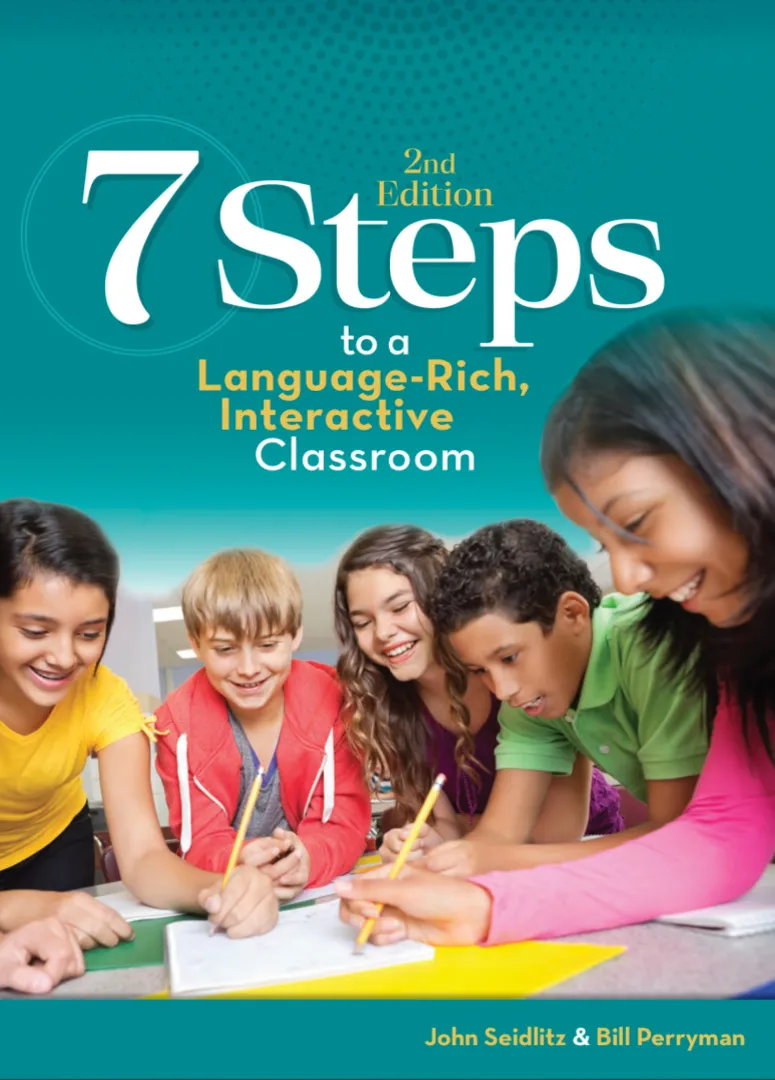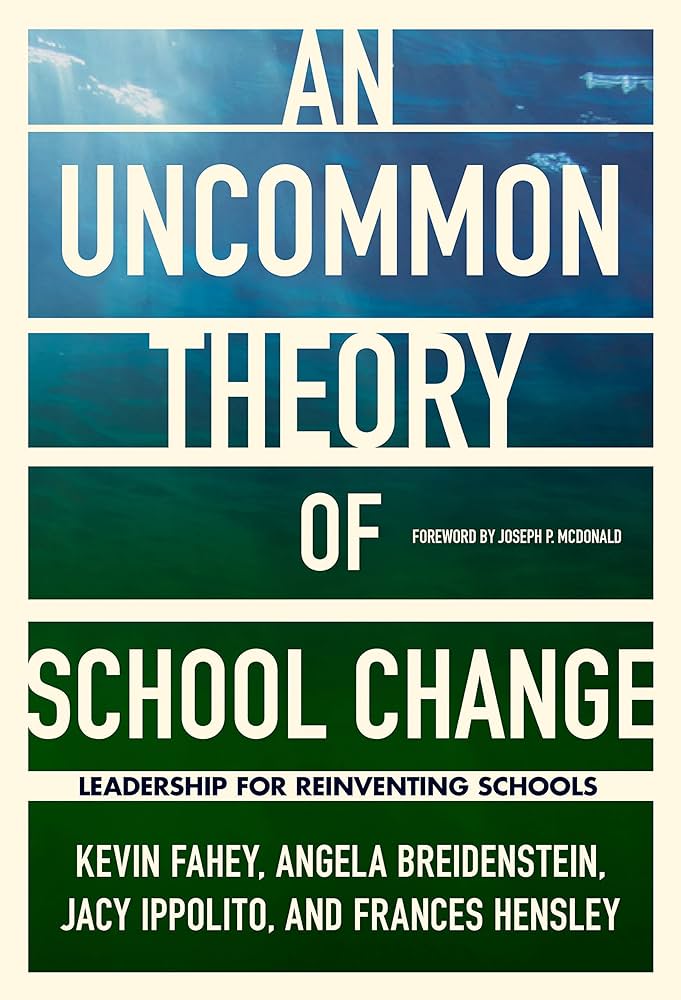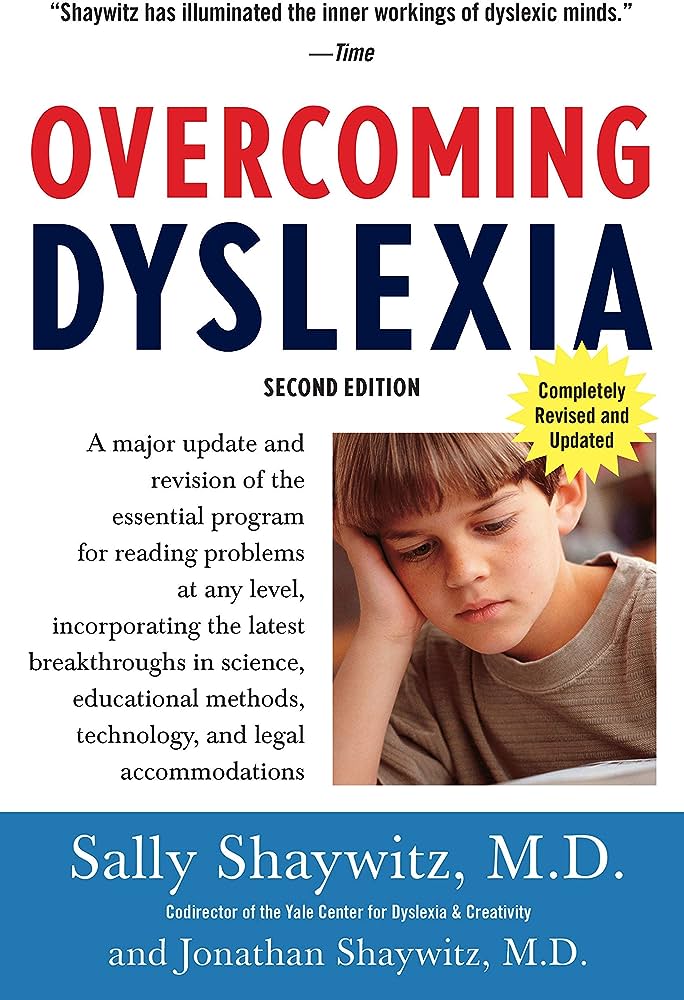Hi there, I'm
Katelyn Cook
Teacher

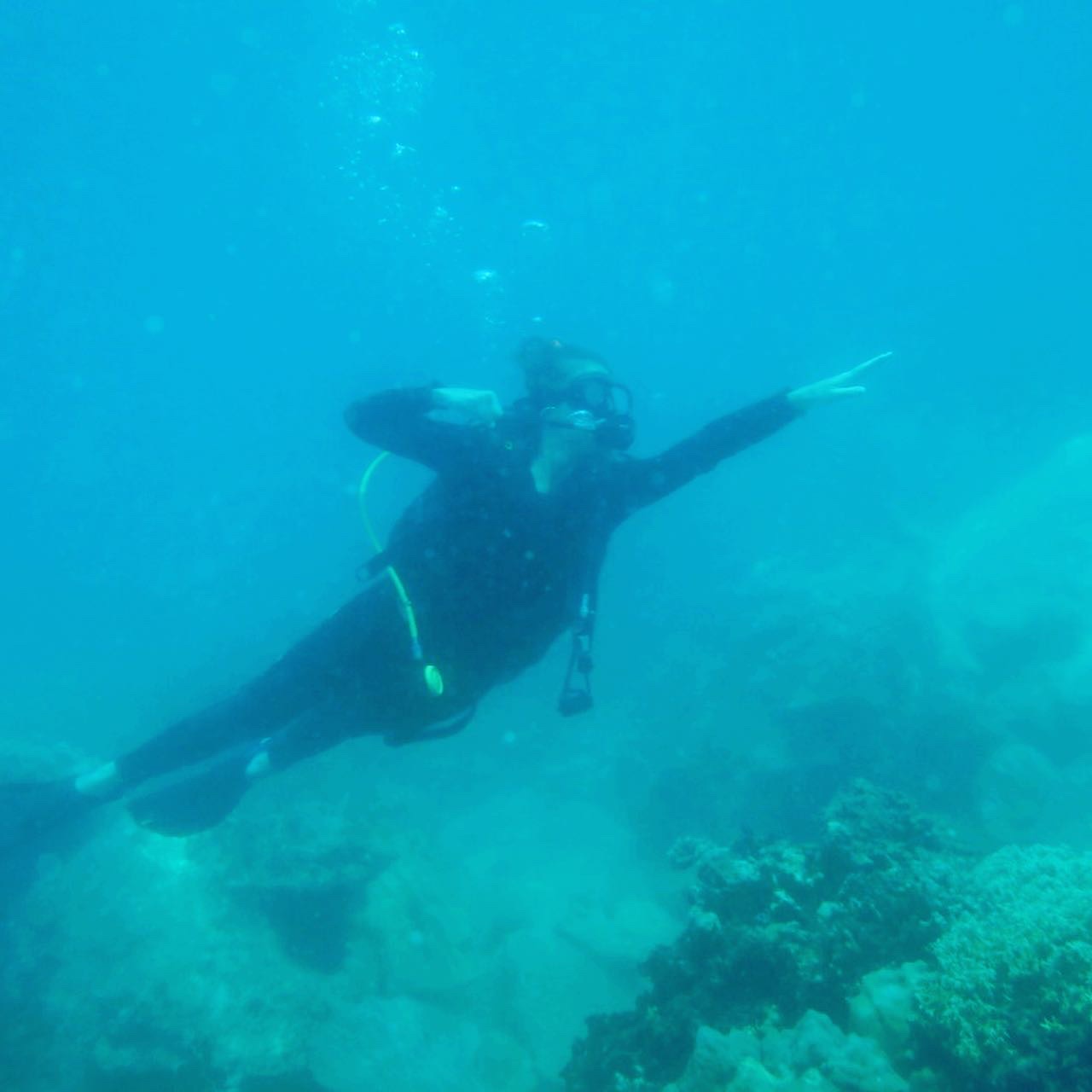
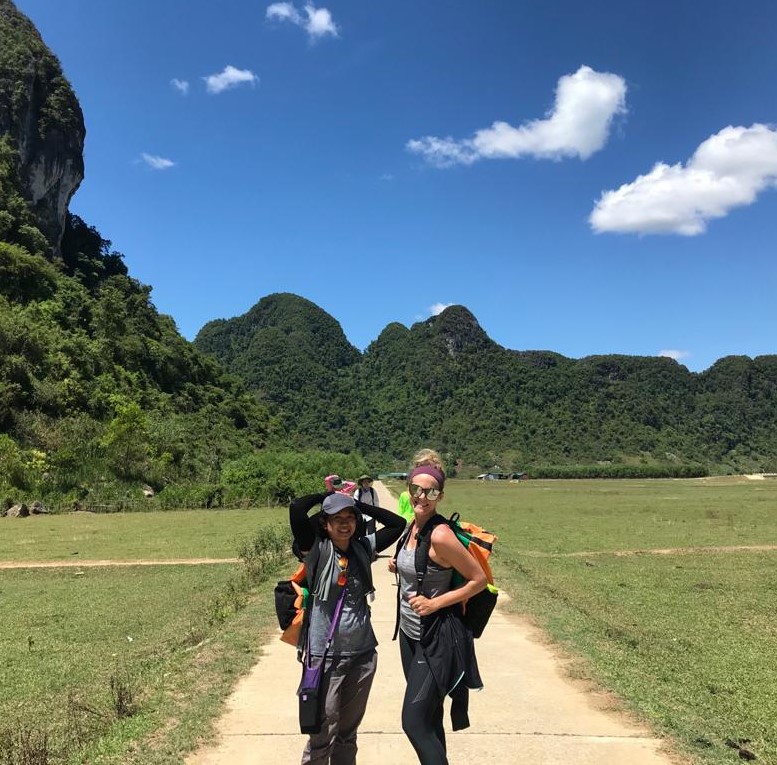



To my friends and family, I go by Katelyn; but within my school community I go by Mrs. Ronzetti Cook. Growing up in North Carolina, USA, every personality or career test told me I was best suited for teaching...and I hated that! I wanted to be an actress or a lobbyist. In university, I studied Interpersonal and Organizational Communication in hopes of working in politics.
While I was daydreaming about storming the White House, my family and peers teased me about my natural ability to care for children and connect with younger teens, and it was something I could hardly deny. However, I had set my mind---I was going to Washington DC. Yet, each day in university I would pass by the Education Department on my way to class, and it was difficult to ignore the quiet voice saying, “You know you’re interested! Go in there!”
In my last semester of university as I was getting myself ready for a new life after graduation, my advanced Spanish teacher pulled me aside; a woman who had been my Spanish instructor for four years. I was struggling in class and she encouraged me to transfer to another language course stating, “Spanish isn’t for everyone.” I was enraged. “Language isn’t for everyone” is what I heard, and I knew in my heart how mislead her statement was. I felt disappointment, embarrassment, and discomfort toward my teacher and myself as a Spanish speaker.
After graduation, out of a combination of anger and determination, I decided to go to Ecuador to teach English as a Second Language (ESL) (and hopefully prove my Spanish instructor wrong!). My dreams of taking over DC would have to wait. I walked into my first classroom in March of 2013, in a country I knew little about and a language I knew little of, and I looked over at the students. My knees quivered with nervousness and my heart leapt to know more about how I could do this job to the best of my ability. It has been ten years since this day and I haven’t looked back since.


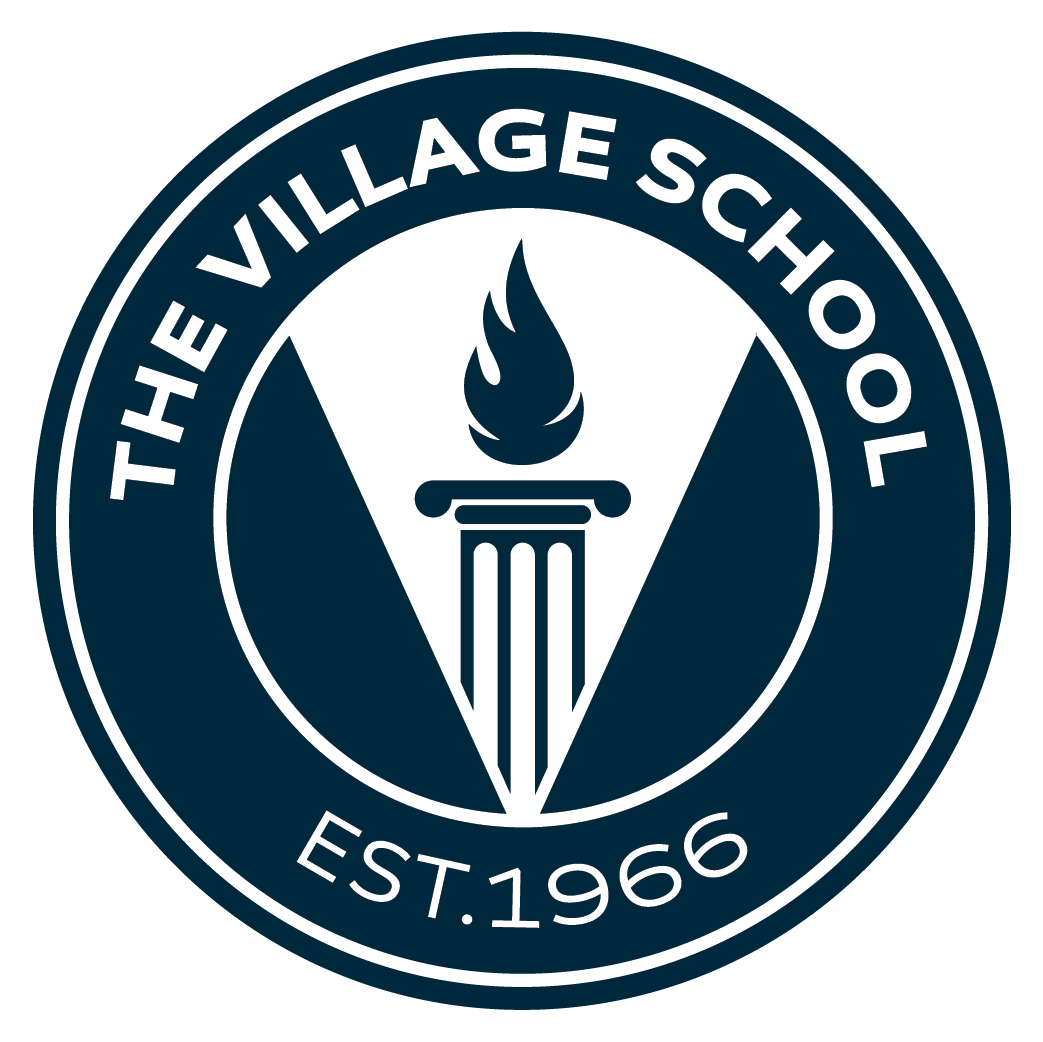
As an educator, my role extends far past the classroom. My goal in any school is to positively contribute to our environment and culture. To get a better idea of what that looks like, here is how I have supported my school community in the past!
My goal as an educator is to give language learners the voice and the tools to confidently celebrate every accomplishment and effectively manage disappointments and obstacles, which will bring them success beyond primary education.
No student can confidently learn in a setting where they feel uncomfortable, unheard, or over-stressed. Language learners are often the most vulnerable student population because they lack language skills to advocate for themselves and for their learning. My success as a facilitator of language lies in my students’ well-being and my ability to build rapport with them. I achieve this through actively participating in the lives of my students at school, such as coaching or student council, assisting in building a learning community where language learners can thrive, by contributing to committees and events, and implementing best practices in my teaching, such as using translanguaging, visuals, and teaching through student centered discussion.
The most powerful question we can ask our students is, “How are you?” and I firmly believe this question is also key to building a culture of care among staff. We cannot implement “best practice” in any relationship, be it with students or colleagues, without first listening with the intent of understanding. Open communication like this does not happen naturally and we must explicitly teach our students and remind ourselves how to most effectively communicate our needs, wants, and fears.
My goal as an educator is to make sure my students leave with the tools they need to effectively advocate for their learning. Moreover, my goal as a colleague is to be honest with my own ability to communicate effectively. A lesson I am still learning is that vulnerability is uncomfortable yet necessary to the success of a team. With a larger focus on communicating our thoughts and beliefs using effective language, we can tackle any obstacle and experience as a cohesive community; not only inside the classroom and our school, but also in the global community.
Evidence-based practice is critical to the success of classrooms and schools world wide. On this portion of the site, my goal is to paint a picture of my teaching practice and methodology with evidence. In order to secure the safety of my students, you may not see many of them and if you do, their faces will be concealed! Thank you for your understanding and enjoy!
